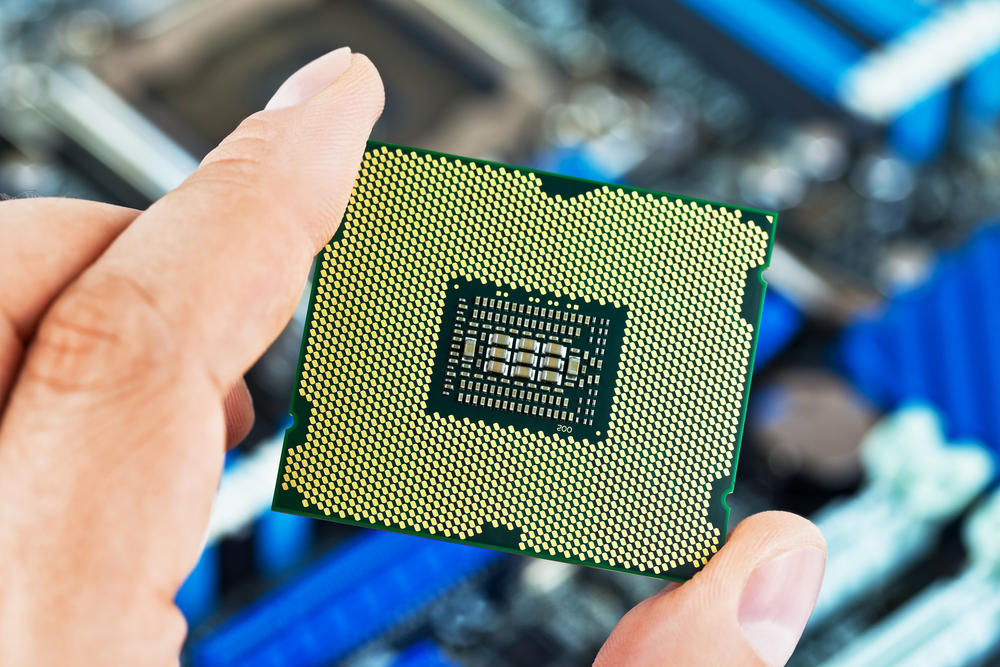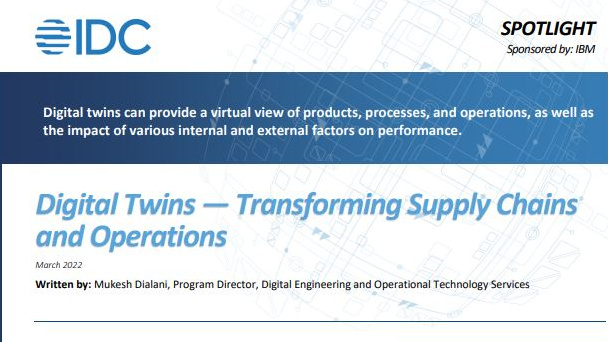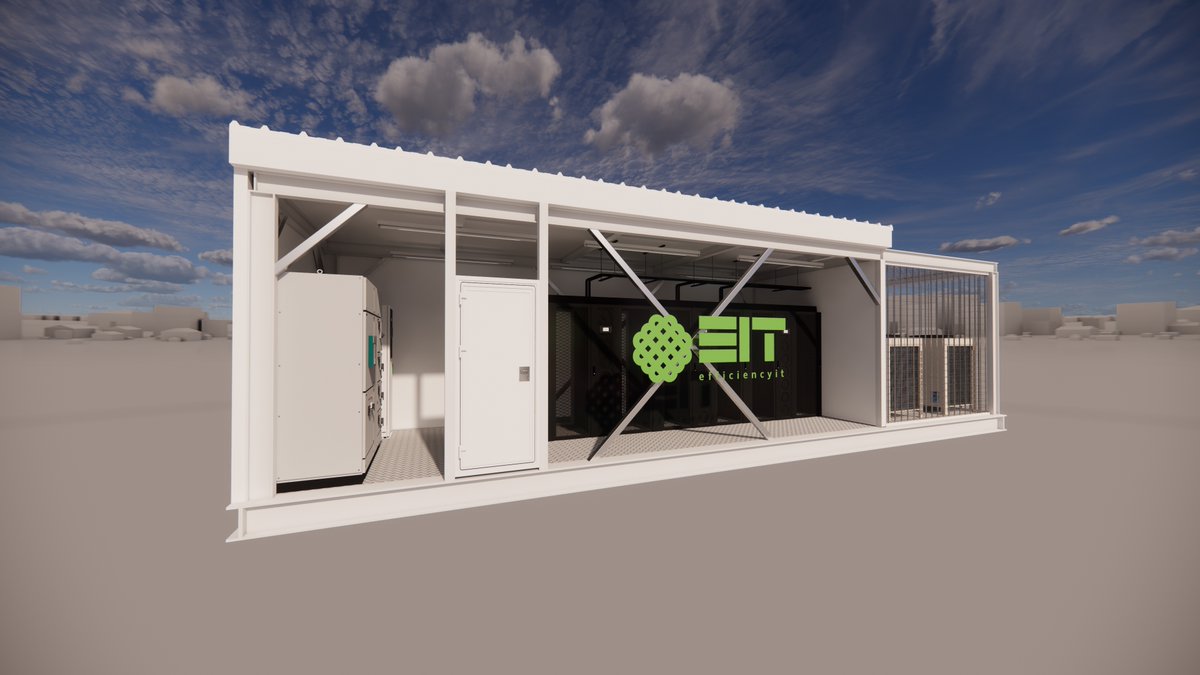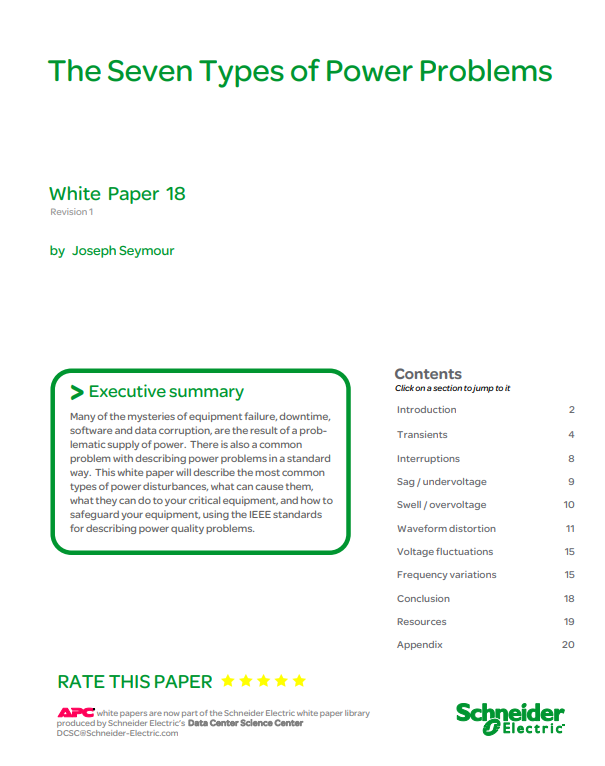Arm launches its first new chip architecture in a decade
Arm v9 promises improved security, better AI performance, and double-digit CPU performance increases


Arm has introduced a new chip architecture that will focus on security and AI and will be at the forefront of the next 300 billion Arm-based chips.
The new architecture is called “v9” and is the company’s first new Arm architecture in a decade.
Arm hopes the new AI and security capabilities in the v9 architecture will help the company move from general-purpose to more specialised compute across applications such as AI, IoT and 5G.
“As we look toward a future that will be defined by AI, we must lay a foundation of leading-edge compute that will be ready to address the unique challenges to come,” said Simon Segars, chief executive officer at Arm.
“Armv9 is the answer. It will be at the forefront of the next 300 billion Arm-based chips driven by the demand for pervasive specialized, secure and powerful processing built on the economics, design freedom and accessibility of general-purpose compute.”
The company also disclosed that over 100 billion devices with Arm-based chips have shipped in the last five years, and predicts that 100% of the world’s shared data will soon be processed by Arm “either at the endpoint, in the data networks or the cloud”.
The Armv9 also introduces the Arm Confidential Compute Architecture (CCA) which shields portions of code and data from access or modification while in-use by performing computation in a hardware-based secure environment.
Get the ITPro daily newsletter
Sign up today and you will receive a free copy of our Future Focus 2025 report - the leading guidance on AI, cybersecurity and other IT challenges as per 700+ senior executives
“In Armv9, we are introducing new features designed to deliver confidential computing – now an industry priority – at scale. Ordinarily, the operating system (OS) of a device has the highest authority and can see and do everything,” wrote Segars.
“Confidential compute changes that, and while the OS still decides what can run when, applications sit in a separate hardware-protected area of memory isolated from everything else in the system.”
This is a concept the company calls Realms, “in a region that is separate from both the secure and non-secure worlds.” Arm stated that in business applications, Realms can potentially protect commercially sensitive data and code from the rest of the system while it is in use, at rest and in transit.
Intel announced this month it was working with a US government agency to develop an accelerator for fully homomorphic encryption, a type of encryption that allows users to perform calculations on encrypted data without decrypting it first.
"The increasing complexity of use cases from edge to cloud cannot be addressed with a one-size-fits-all solution," said Henry Sanders, corporate vice president and chief technology officer, Azure Edge and Platforms at Microsoft. "As a result, heterogeneous compute is becoming more ubiquitous, requiring greater synergy among hardware and software developers.
“A good example of this synergy between hardware and software are the ArmV9 confidential compute features which were developed in close collaboration with Microsoft. Arm is in a unique position to accelerate heterogeneous computing at the heart of an ecosystem, fostering open innovation on an architecture powering billions of devices."
Furthermore, Arm has developed Scalable Vector Extension (SVE) technology for its new architecture which will allow it to “enable enhanced machine learning (ML) and digital signal processing (DSP) capabilities across a wider range of applications.”
Arm stated the technology, called SVE2, will enhance the processing ability of 5G systems, virtual and augmented reality, and ML workloads running locally on CPUs, which includes image processing and smart home applications.
Arm also predicts that with the Armv9 generation its expected CPU performance will increase by 30% or more over the next two generations of mobile and infrastructure CPUs.
Arm has been acquired by Nvidia for $40 billion (£30 billion) although the UK’s Competition and Markets Authority (CMA) has launched an investigation into the acquisition to see what effect the deal will have on the UK market.
UK-based IT experts objected to the deal and believe the government should intervene as did Graphcore and Hermann Hauser, who was involved in the development of the first Arm processor. Hauser has described the deal as “an absolute disaster for Cambridge, the UK and Europe”.
Zach Marzouk is a former ITPro, CloudPro, and ChannelPro staff writer, covering topics like security, privacy, worker rights, and startups, primarily in the Asia Pacific and the US regions. Zach joined ITPro in 2017 where he was introduced to the world of B2B technology as a junior staff writer, before he returned to Argentina in 2018, working in communications and as a copywriter. In 2021, he made his way back to ITPro as a staff writer during the pandemic, before joining the world of freelance in 2022.
-
 Should AI PCs be part of your next hardware refresh?
Should AI PCs be part of your next hardware refresh?AI PCs are fast becoming a business staple and a surefire way to future-proof your business
By Bobby Hellard Published
-
 Westcon-Comstor and Vectra AI launch brace of new channel initiatives
Westcon-Comstor and Vectra AI launch brace of new channel initiativesNews Westcon-Comstor and Vectra AI have announced the launch of two new channel growth initiatives focused on the managed security service provider (MSSP) space and AWS Marketplace.
By Daniel Todd Published
-
 Why energy efficiency could be key to your business’ success
Why energy efficiency could be key to your business’ successSupported editorial An energy efficient data center setup can help save on bills, but the benefits don’t have to stop there
By ITPro Published
-
 Digital Twins - Transforming supply chains and operations
Digital Twins - Transforming supply chains and operationsWhitepaper A virtual view of products, processes, and operations, as well as the impact of various factors on performance
By ITPro Published
-
 UK's EfficiencyIT launches prefabricated data centre offering
UK's EfficiencyIT launches prefabricated data centre offeringNews The company has previously built modular data centres for government and defence customers in 12-16 weeks
By Zach Marzouk Published
-
 Equinix is growing data centre-powered fruit and veg
Equinix is growing data centre-powered fruit and vegNews The data centre company has installed a rooftop farm at one of its sites to make use of excess heat
By Zach Marzouk Published
-
 Princeton Digital Group reveals "wise" $1 billion+ Indonesia data centre investment to service Singapore
Princeton Digital Group reveals "wise" $1 billion+ Indonesia data centre investment to service SingaporeNews The new investment will help customers located in Singapore expand their infrastructure
By Zach Marzouk Published
-
 The seven types of power problems
The seven types of power problemsWhitepaper The most common types of power disturbances and how to safeguard your equipment
By ITPro Published
-
 Google data centre soaks up a third of Oregon city's water supply
Google data centre soaks up a third of Oregon city's water supplyNews The tech giant has been labelled a "water vampire" after its facility increased water consumption every year since opening for the purposes of cooling
By Bobby Hellard Published
-
 What 5G rollout failures mean for 6G
What 5G rollout failures mean for 6GIn-depth What can network operators and telecoms companies learn from a cocktail of global issues and mistakes when shifting to the next generation of mobile networking?
By Elliot Mulley-Goodbarne Published